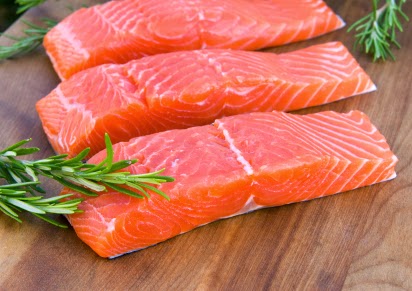Pam Warhurst was on her way home to Todmorden in Yorkshire after attending a talk on how all of us impact on our living spaces. She has lived in this old mill town for 40 years and was feeling as if it was losing out over time and becoming less than it had been in the past. So she got to thinking about what she could do to change it and bring it back together. Pam wanted to make the other residents care about their town and bring it back to life. On that train ride home she had the idea of planting fruit and vegetables on pieces of land that weren't being used for anything at all. Together with her friend Mary Clear they plotted the plan for Incredible Edible Todmorden. The plan was to encourage the whole community to plant fruit and vegetables around the town, they drew up a rota to look after the plots and everyone and anyone could pick the produce.
 They took it to a public meeting where there were more than 60 people willing to listen. Once they had finished their presentation the whole lot erupted into cheers! In 2007 with an army of volunteers they stared planting on empty spaces - any empty spaces. Now you will find tomatoes along the towpath, strawberries outside the college and herbs on the station platform, there are even sweetcorn cobs outside the police station!
They took it to a public meeting where there were more than 60 people willing to listen. Once they had finished their presentation the whole lot erupted into cheers! In 2007 with an army of volunteers they stared planting on empty spaces - any empty spaces. Now you will find tomatoes along the towpath, strawberries outside the college and herbs on the station platform, there are even sweetcorn cobs outside the police station! However, the free, homegrown veg wasn't the only wonderful thing happening in Todmorden. Thanks to Incredible Edible Todmorden, the town is buzzing with activity, the schools are also involved - which in my opinion is very important, neighbors who didn't talk to each other previously are now best of friends and "the feeling of community is really special" says Pam. The police have even stated that crime is down since the project started!
Pam says that at the beginning people were a bit shy about picking the produce but now you can collect your dinner on the way home from the station!
The project has revived an old town, brought its residents together in a united effort, one has even found romance, another her voice and her confidence, children are being taught about where their food comes from and how to tend to it. This is such a positive community orientated project that just makes me so happy and wishing that more things like this would happen.
It is up to us to invest in our communities and as Pam says in the article, everyone likes to eat and mealtimes were traditionally a way of families getting together and sharing their days, so what better way to bring that back than around a food based project. What's more an incredible business has arisen with visitors coming to see the town and homemade jams and other products on sale.
Congratulations to Incredible Edible Todmorden and all the residents who have labored with love on the vegetable plots and fruit orchards. It really is an incredible project! What can you do for your community?
You can check out more:
http://www.incredible-edible-todmorden.co.uk/
I can help you improve your health. If you would like to make an appointment with me either in person or via Skype, just send me an email to lucycarr@socialnutrition.com











